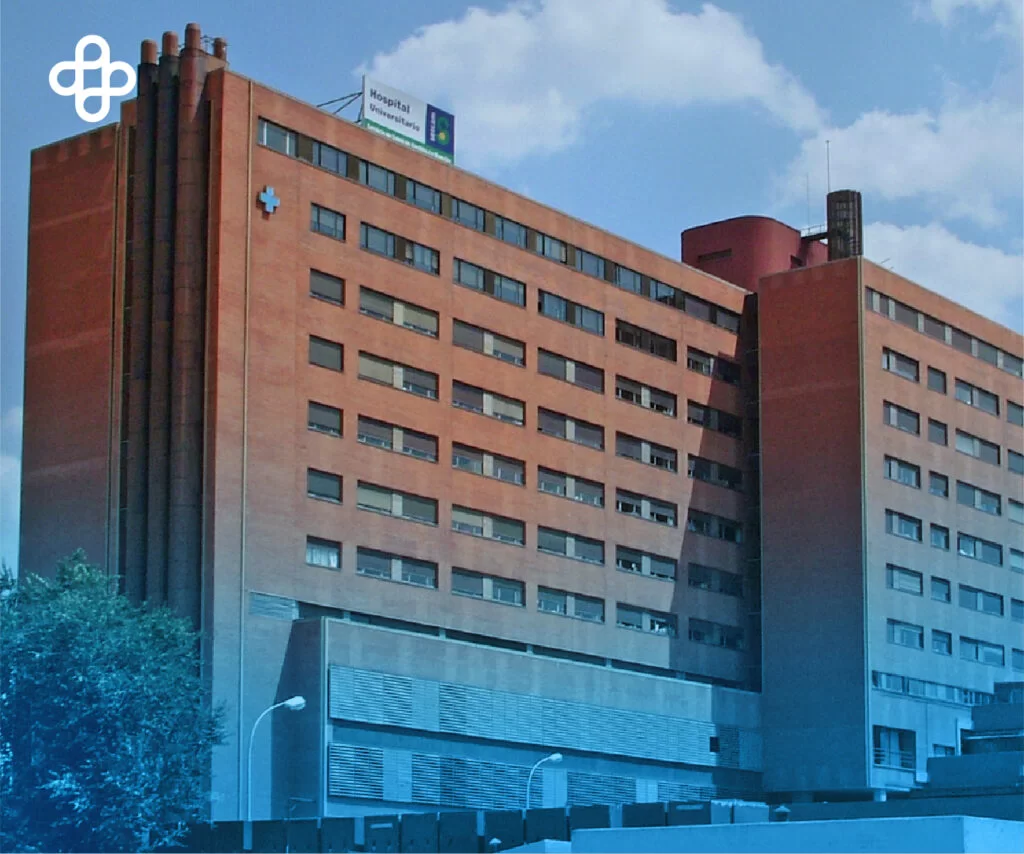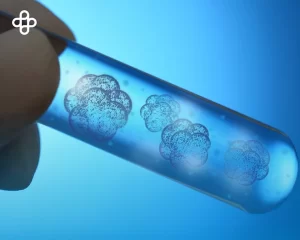Stem Cell Therapy at Guadalajara. In June 2010, Guadalajara University Hospital, under the Government of Castilla-La Mancha, performed the region’s first intervention utilizing the patient’s stem cells as a therapy for non-revascularizable ischemic patients. The Service of Angiology, Vascular, and Endovascular Surgery performed this groundbreaking procedure in collaboration with the Hematology Department.
Diabetic Patients at Risk of Amputation
The patients, two men aged 70 and 53, both diabetic, suffered from arteriosclerosis with ischemic lesions in their feet. Inicialmente, la amputación era la única opción disponible. Studies have ruled out improving blood flow with conventional or endovascular treatments.
Due to their condition, the wounds wouldn’t heal, making total amputation the sole alternative. Then, the team offered them a novel stem cell technique, which they implemented between June and September 2010. This technique aimed to regenerate new vessels (angiogenesis) using the patient’s stem cells, eliminating the risk of rejection.
The Procedure: Step by Step
Hospital staff conducted the entire process within the operating room to avoid potential cellular manipulation issues and comply with genetic manipulation laws.
- Extraction: Upon entering the operating room, vascular surgeons extracted bone marrow. They were assisted by hematologists. The extraction was from both iliac crests. It was done under local anesthesia.
- Processing: The lab technicians centrifuged the extracted material to isolate stem cells within 15 to 20 minutes.
- Injection: They injected these stem cells into the ischemic area from the knee to the foot, performing approximately 40 injections. They targeted these injections near blood vessels to promote new vascularization, improve blood flow, and aid wound healing.

Successful Outcomes
The doctors discharged the first patient treated with this new technique the following day, and the patient showed a completely satisfactory recovery four months post-treatment. The hospital’s Hematology Service has a history of using stem cells for various treatments, including peripheral blood progenitor cell autotransplants for immune or tumoral diseases (e.g., multiple myeloma, leukemia, aplastic anemia, lymphomas).
Moreover, the Service of Angiology, Vascular, and Endovascular Surgery actively participates in research studies and international clinical trials, continually seeking to enhance patient care with innovative techniques.
For more information on stem cells and their applications, visit our article on Stem Cells and Their Applications.





